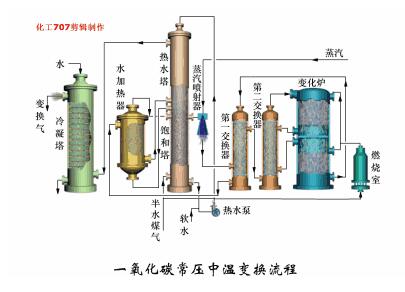
YINGKOU SANZHENG ORGANIC CHEMICAL CO., LTD. LIAONING CHINA
Address: No. 51, Xinxinli, Daqing Road, Zhanqian District, Yingkou City, Liaoning, China電話(huà):0417-3638868
Fax: 0417-3638868
Email: ykszgs@sohu.com
Zip code: 115001
URL::m.odj-tech.com
Ammonia is one of the important inorganic chemical products, and it occupies an important position in the national economy. About 80% of the ammonia is used to produce chemical fertilizers and 20% is the raw material for other chemical products. Ammonia can be processed into nitric acid. In the modern chemical industry, nitric acid production is often classified as a synthetic ammonia industry. The synthetic ammonia industry was formed in the early 20th century and began to use ammonia as a raw material for the explosives industry to serve the war; after the end of the First World War, it turned to serve agriculture and industry. With the development of science and technology, the demand for ammonia is increasing. After the 1950s, the raw material composition of ammonia has undergone major changes, and the synthetic ammonia industry has developed rapidly in the past 30 years. Ammonia is mainly used to make nitrogenous fertilizers and compound fertilizers, such as urea, ammonium nitrate, ammonium phosphate, ammonium chloride and various nitrogen-containing compound fertilizers, all of which use ammonia as raw material. Ammonia is used as an industrial raw material and ammoniated feed, and its consumption accounts for about 1/2 of the world's output.

Nitric acid, various nitrogen-containing inorganic salts and organic intermediates, sulfa drugs, polyurethane, polyamide fibers and nitrile rubber, etc. all need to be directly made of ammonia.
Liquid ammonia is often used as a refrigerant, and part of the commercial ammonia in storage and transportation is transported from the manufacturing plant to other places in liquid form.
In addition, in order to ensure the balance of supply and demand between the synthetic ammonia and ammonia processing workshops in the manufacturing plant, and to prevent production shutdown due to short-term accidents, a liquid ammonia storage must be set up. Liquid ammonia storage has three types: non-frozen, semi-frozen, and full-frozen depending on the capacity. Liquid ammonia can be transported by sea, barge, pipeline, tanker, and truck.